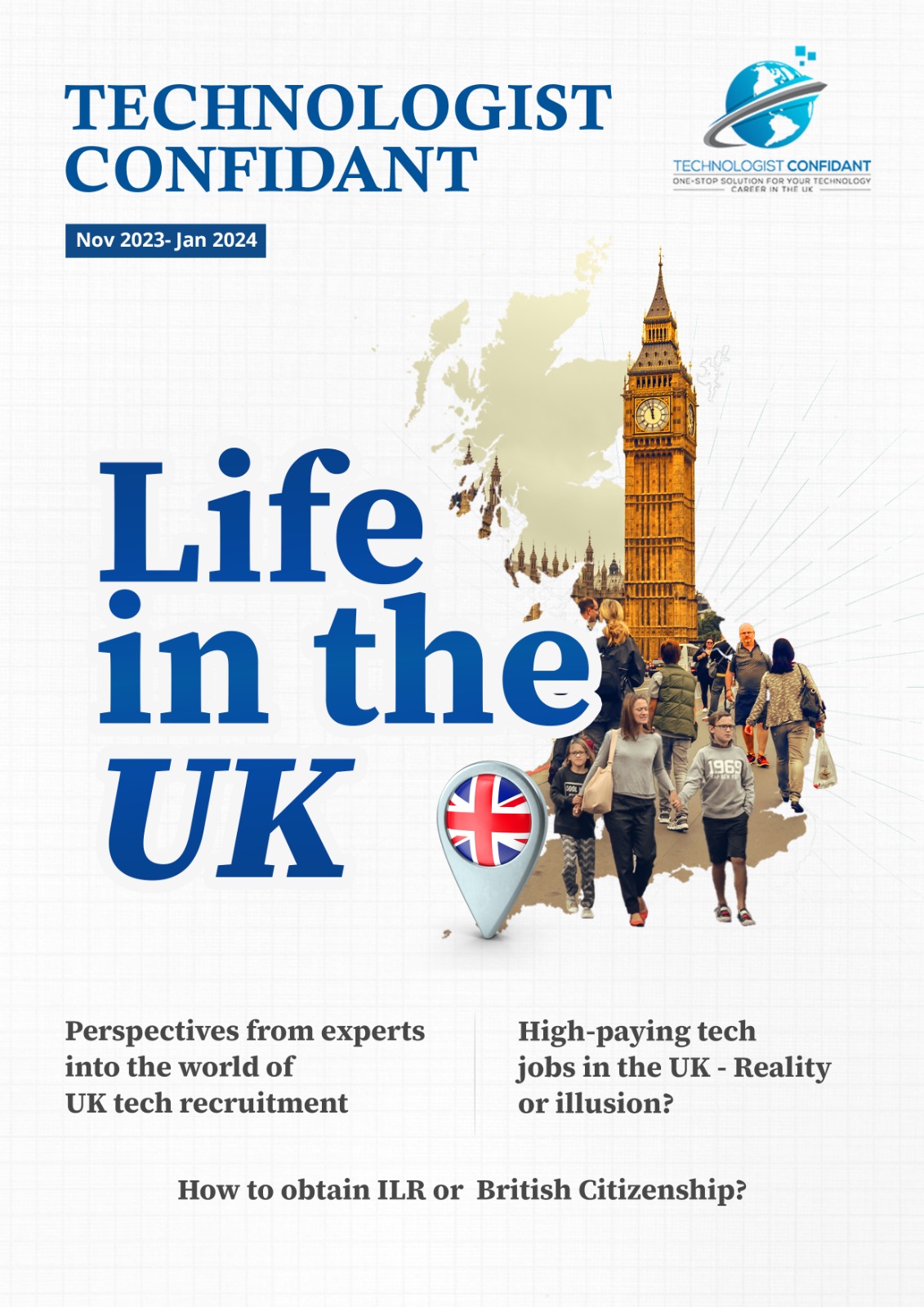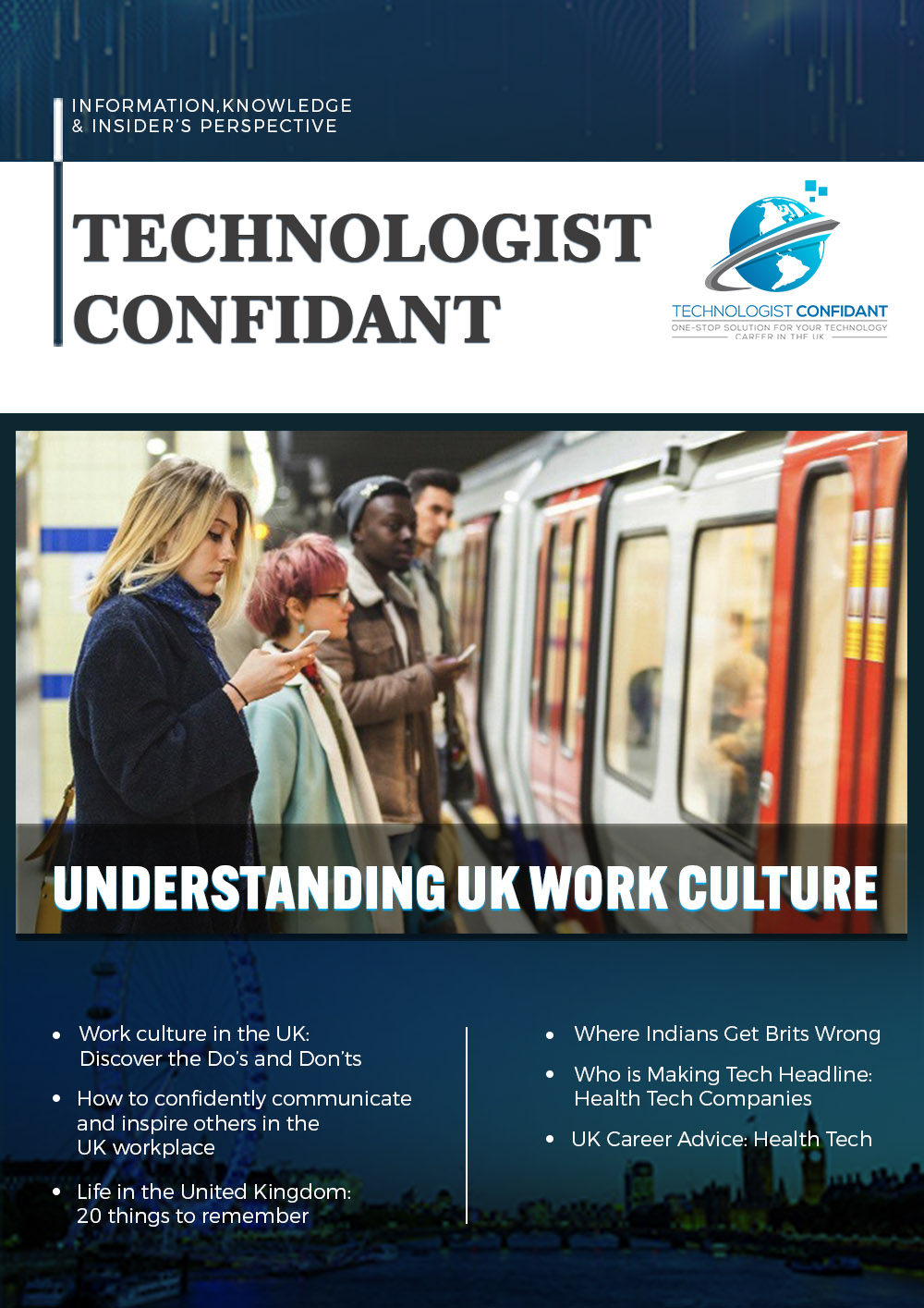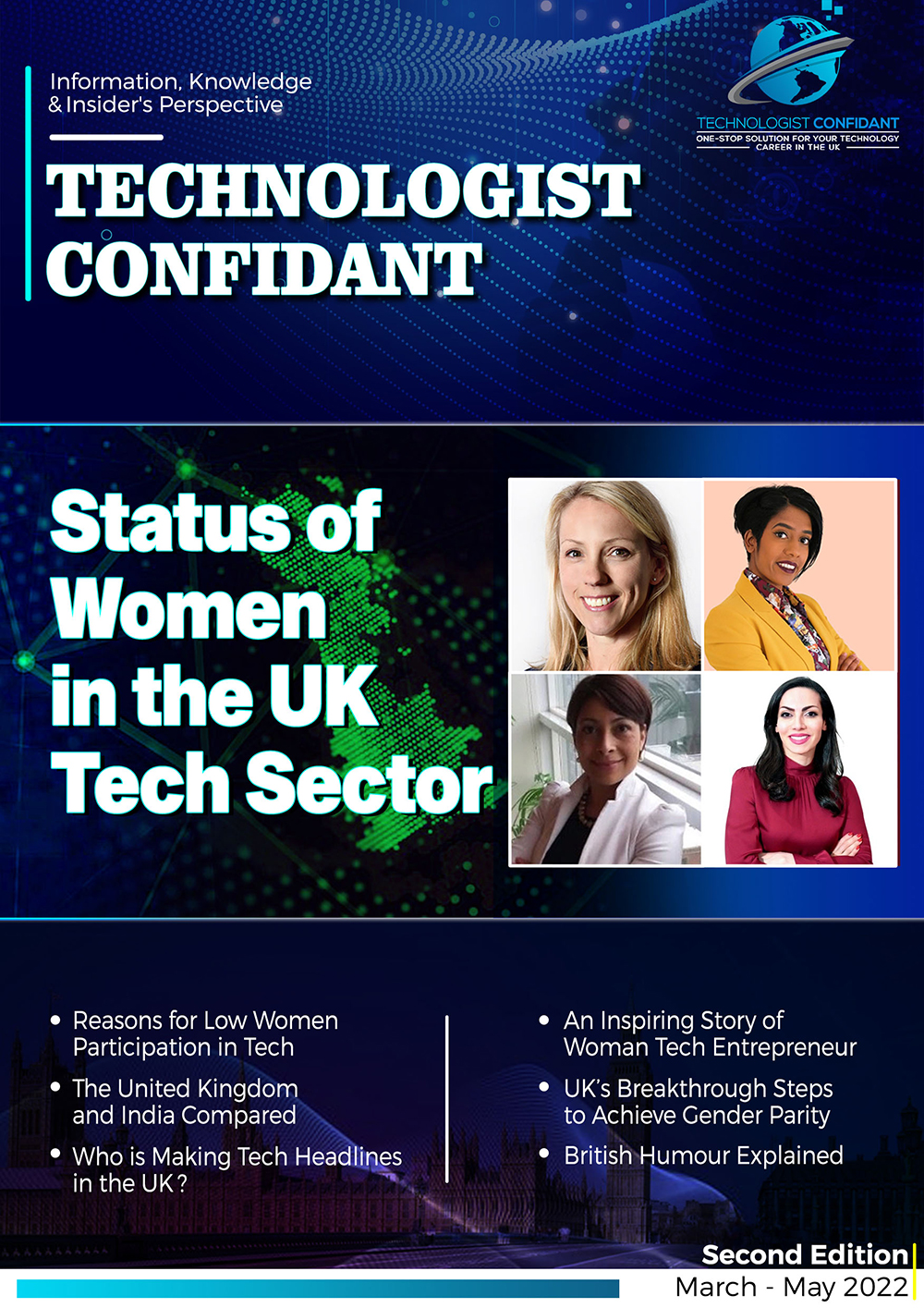While international workers go through a series of social and professional changes, defining attractive culture, and meaningful workplaces and boosting people engagement can enhance employee experience to drive organisational success. With more and more people moving overseas for job and business opportunities and companies hiring international talent through a remote working model, settling in, and fitting in, these professionals face one of the biggest challenges when working for a foreign company.
Recognising the need to educate foreign workers on cultural differences, Technologist Confidant spoke to a commercially agile and creative people leader, Paul Griffiths, to find out what strategies foreign employees need to adapt and the adjustments they need to make for successful integration in the UK.
As a Human Resource Director, Chief People Officer and HR changemaker at Kaleyra, Inc, Paul Griffiths is a specialist in dealing with rapid change. He is a respected figure for shaping strategic people direction and delivering business leaders’ objectives, organisational design, people development and talent acquisition throughout multiple sectors and geographies. With repeated success in growing talent and helping the organisation, Paul Griffiths is a Maltese by birth, he grew up in the UK, and the UAE, then relocated and lived in Italy and Hong Kong. He classifies himself as a Global citizen who has a unique experience working for an Italian company in the UK and has responsibility for the UK, India, the Americas, and Europe markets. His unique position to answer TC’s questions on UK work culture and his insights can be viewed as reassurance for international professionals. Read the interview to find out more.
What are the first three things that come to your mind when you think about the UK work culture?
Different environments, behaviours and expectations/beliefs. As a multicultural and diverse nation, the UK work culture comprises multiple voices, perspectives, personalities, out-of-the-box thinking, and launch pads for exchanging ideas. Working here is a wonderful experience because of the enormous diversity of professions and the international factor that the UK possesses. Moreover, globally-oriented businesses are expanding and thriving by harnessing the talents and expertise that their foreign employees bring to the table. Fundamentally, the work culture in the United Kingdom is inclusive and dynamic, attracting smart, ambitious, and globally-minded people who value the potential for personal and professional development.
How do you describe British work culture? In your opinion, how is the British work culture different from the rest of the world?
British are reasonably relaxed and very social; many colleagues hang out or meet after work hours. Many personal friendships are formed outside the workplace with those you work with. Here, people celebrate life events and are interested in outdoor life as much as the working relationships; work-life balance is highly important. People like to go home on time.
Furthermore, with a culture that promotes the notion of "work to live", no company in the UK can have a claim on a professional's time. That does not imply that many British workers will not step in during a crisis; nevertheless, it is their choice, not the company's. The United Kingdom also has fair workers' rights legislation, so employees cannot be treated as enslaved people without fear of dismissal.
What do you think can be the most significant adjustment for a foreign employee or entrepreneur when they start working here?
The primary adjustment is 'small talk'. We also begin and end our conversations with questions about the person, their weekend and other matters. Brits usually don't go straight to business except when asked to listen carefully to the response and remember the salient points to reference later to build relationships. One of the most significant issues foreigners face is that they don't observe the niceties of British culture; for instance, writing an email addressing by just a name is considered a bit impolite; British generally always start meetings and conversations with personal items first.
Most non-native speakers run the risk of frequently misunderstanding their colleagues at first; in your opinion, how can they avoid such awkward situations?
First, speak slowly with pauses; even though English is the common language, speaking at your typical conversational speed in a cross-cultural context is not a smart idea. Second, ask questions. Remember, there's no stupid question, only the ones you don't ask. Listen carefully to your colleagues and follow up with an email for clarification if needed. For instance, if a British, in a meeting, saying "we hear what you are saying" doesn't mean "we agree"; it is more indicative of, "thanks for saying that, but it's not correct", an easy faux pas to make.
Do you think there is an advantage to joining the UK's work culture as a foreign employee? If so, how?
I guess if you want a good work-life balance, the UK work culture is all about that. The UK offers a liberal workplace that value home time, downtime and holidays. British, in general, are interested in people and what makes them unique. We are also a very accepting and diverse cosmopolitan environment, incredibly welcoming to members of protected characteristic groups such as LGBTQ. Many UK companies have network groups for aiding and fostering inclusion.
How would you describe work-life balance in UK workplaces?
It's improved so much. However, people eat at their desks most days, and we have embraced remote working. Many companies keep this policy in place as they have realised the benefits to their people. Workplaces in the United Kingdom are utilising work-life balance to attract fresh talent, while employees are considering it in the same way that they would consider compensation, benefits, and management style—as a cause to stay or leave a job.
Here at Kaleyra, we have a new connected workplace policy which has been well received and is a robust recruitment tool for us but has also made it easier to attract people from all over the globe.
What advice would you give to new employees or entrepreneurs entering the UK?
Considering that the UK is a diverse population and that we have our own culture, not inflicting or enforcing a culture that is at odds with ours is essential when designing a people strategy and setting the culture and DNA of the new organisation.






